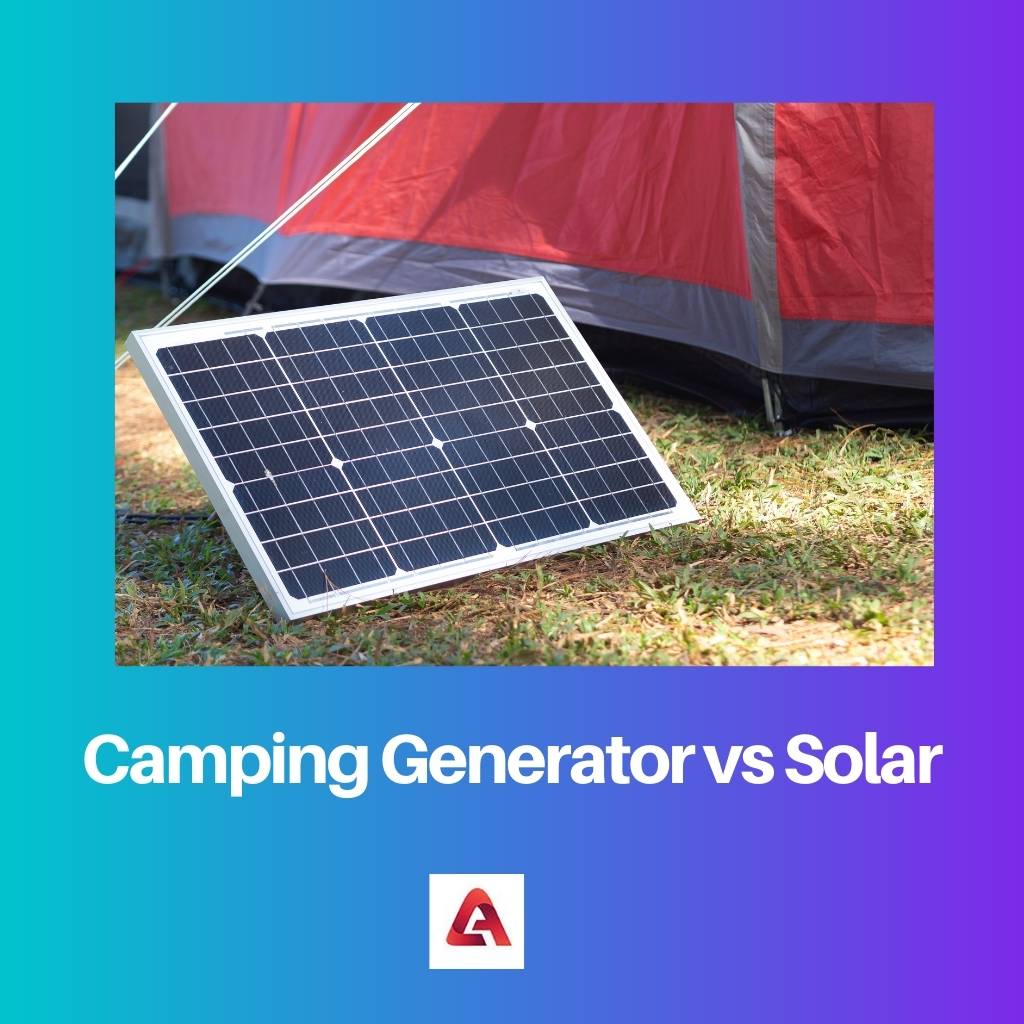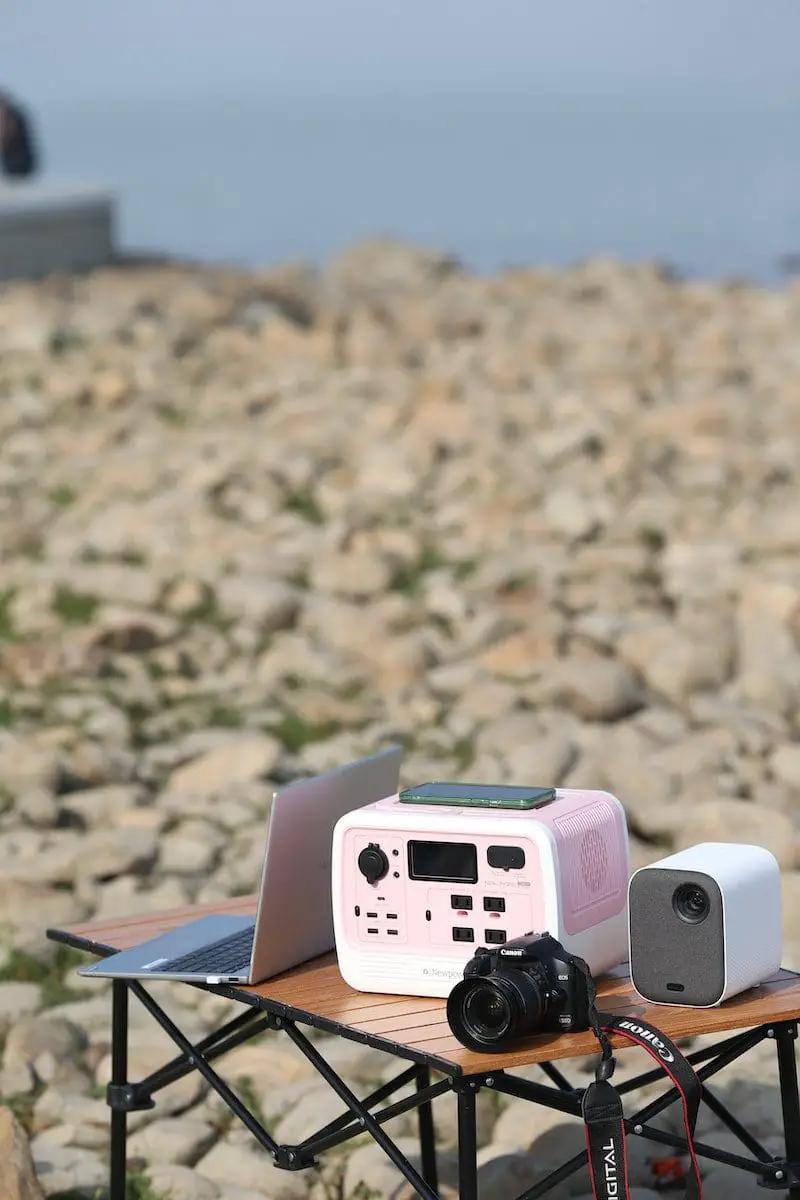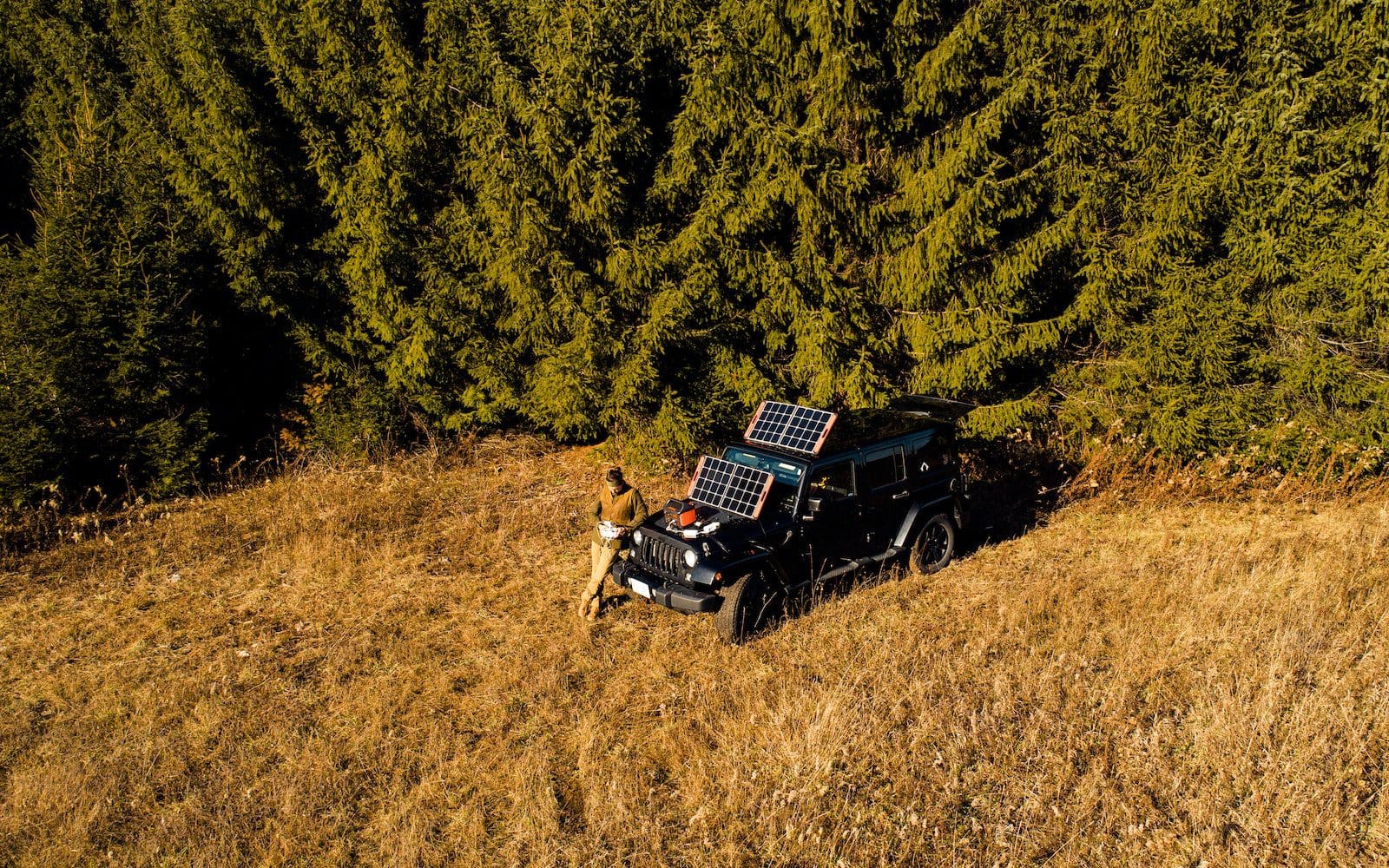Camping is a recreational activity popular among youth, making them take responsibility for living, cooking, and working on their hobbies. People need gear for camping in new regions, like a tent, sleeping bag, first aid kit, power supply, etc.
The items used for camping should be compact and handy. With other valuable things, power is the most important as campers need to charge their phones and laptops, make coffee or boil water. There are two types of energy available for campers, the first is the generator, and another one is solar.
Key Takeaways
- A camping generator is a device that generates electricity using fuel or batteries to power camping equipment, whereas solar camping equipment uses solar panels to convert sunlight into electricity.
- Camping generators are more reliable in areas with limited sunlight or during cloudy days, while solar equipment is more environmentally friendly and quieter.
- Camping generators have a limited run time and require refuelling or recharging, while solar equipment has a longer lifespan and requires less maintenance.
Camping Generator vs Solar
Camping generator, also called portable inverter generator, is a device that converts mechanical power to electrical supply, and is powered by gasoline, diesel or propane. Camping solar is a device that converts sunlight to electrical supply, consisting of a solar panel, a battery and an inverter.

The generator supplies electric power by converting mechanical energy using an external source into electrical energy. For camping purposes, Inverter Generator is the most popular, which has more power protection, stable output, and quiet operation.
It works on a gas-powered engine and can supply power up to 4500W or 4.5KW.
Solar power uses photovoltaic panels, a charge regulator, batteries, and an inverter. It converts sunlight into electricity and works quietly. They are used for light power-consuming appliances.
The solar panels generate electricity in the daytime only; cloudy days and nighttime make it challenging to power generation.
Comparison Table
| Parameter of Comparison | Generator | Solar |
|---|---|---|
| Power conversion | It converts Mechanical to Electrical | It converts Sunlight to Electrical. |
| Cost | The initial purchasing cost is low but high on maintenance | It is costlier than Generator, but low or no maintenance is required. |
| Time to charge up | Lesser time to charge up | It takes longer to get charged up. |
| Environment friendliness | Generators are noisy and emit smoke which is not environment friendly | Solar panels do not make noise and have no emissions, making them easier to use anywhere. |
| Weather dependency | It works in any weather. It does not matter if it is a cloudy or sunny day. | If there is bad weather, there is no power. Solar panels are less reliable. |
What is Camping Generator?
When camping with family, power is needed for many purposes. Camping Generator is portable, and all the appliances require more power, like Kettles, air-conditioners, blow dryers, etc.
Camping Generator, or Portable Inverter Generator, has a built-in microprocessor that protects sensitive electronics by regulating the voltage. This is enclosed in a case and quiet in operation, unlike other noisy Generators.
Portable camping Generators use Gasoline but also use propane or even diesel. The best camping Generator brand is Honda EU2200i Portable Inverter Generator.
It is light in weight, quiet, and produces enough power for hairdryers, charging batteries, camping fridges, tent air conditioners, or tent heaters. But if a camping generator is used more frequently, a premium brand, such as Yamaha, should be used.
They handle more intensive use with a warranty.

What is Camping Solar?
Camping solar is another option for power supply. It is the system that produces power by using the sun’s energy. It consists of a solar panel, a battery to store management, and an inverter. It can be used for boating and camping because of its portability.
It is clean and renewable energy that requires no fuel and works quietly, producing no sound. Although its purchasing cost is higher than generators, it has no or low maintenance.
Solar power generators are used for charging devices and running small appliances. One of the best Solar generators available in the camping market is Goal Zero Yeti 400 Portable power station. It has a Lithium battery, a powerful and robust generator.
It is versatile in power output, such as AC, 12V, and USB, which makes it more convenient. It is chainable with other lead-acid batteries, easily rechargeable, and portable.

Main Differences Between Camping Generators and Solar
- Generators are more compatible than solar as they have more capacity to run for more time. Generators can run heavy appliances, while solar generators may not work on heavy devices more efficiently than generators.
- Generators consume fuel, which adds to the extra running cost, but solar works on the sun’s energy, a free and renewable energy source. Solar is costlier than generators regarding purchasing worth, but generators need more maintenance, so it needs added cost apart from buying cost.
- Generators produce noise while operating, and although there are generators available in the markets that make a low noise, no silent generators are available today. Solar generators have no sound while converting solar energy into electrical energy.
- Generators emit gas while working as they need fuel, but solar power generators are emission-free as they need natural resources.
- Generators don’t need time to get charged as they use fuel to produce power, but solar needs more time to get arrested as it uses sunlight, which takes time to convert into electrical energy.
- Generators are not dependent on weather, but solar needs the sun’s energy, so it will not work on a cloudy day.





